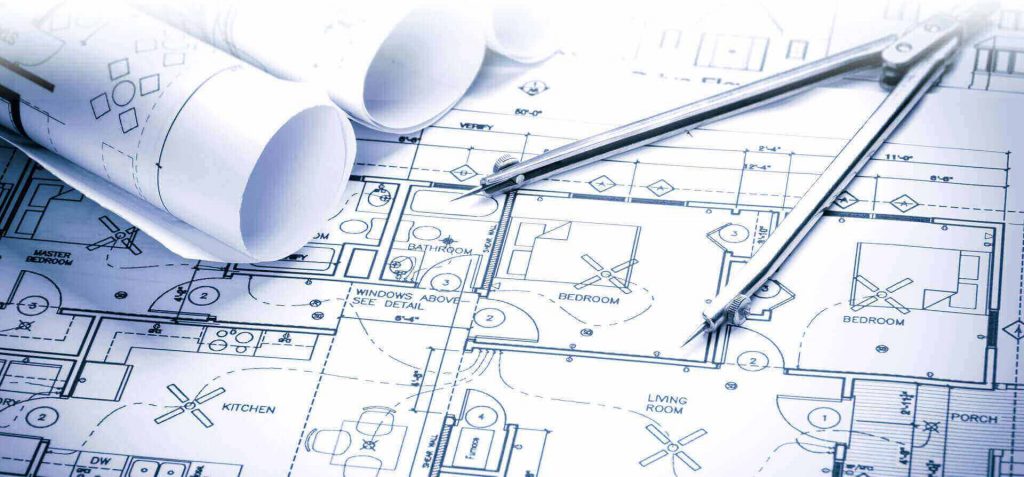Introduction
In today’s fast-paced technological world, computer technicians play a crucial role in maintaining and troubleshooting computer systems. With the increasing reliance on technology, businesses and individuals require the expertise of skilled professionals to keep their systems running smoothly. If you aspire to become a tech guru and excel in the field of computer technology, this comprehensive guide will shed light on the essential skills you need to master. From technical knowledge to problem-solving abilities, we’ll delve into the key areas that will help you thrive as a computer technician. If you’re experiencing issues with your Apple Mac, you can find reliable repair services at https://computertechnicians.com.au/apple-mac-repairs/.
Understanding Hardware Components
To become a proficient computer technician, it is vital to have a deep understanding of hardware components. A solid grasp of the different parts that make up a computer system will enable you to diagnose and resolve hardware-related issues efficiently. Here are some key hardware components you should familiarize yourself with:

1. Central Processing Unit (CPU)
The CPU is often referred to as the “brain” of the computer. It carries out instructions and performs calculations, making it one of the most critical components. A thorough understanding of CPU architecture, types, and specifications is crucial for troubleshooting performance-related issues.
2. Random Access Memory (RAM)
RAM is responsible for temporarily storing data that the computer’s CPU needs to access quickly. Knowledge of different RAM types, capacities, and troubleshooting techniques will help you identify and resolve memory-related problems effectively.
3. Hard Disk Drive (HDD) and Solid-State Drive (SSD)
HDDs and SSDs are storage devices used to store data permanently. Understanding their differences, working principles, and common issues will allow you to diagnose and fix storage-related problems promptly.
4. Motherboard
The motherboard serves as the central hub that connects various components of a computer system. Familiarizing yourself with its layout, connectors, and BIOS settings will help you address connectivity and compatibility issues.
Mastering Operating Systems
Operating systems (OS) act as the bridge between software and hardware, managing the computer’s resources and providing a user interface. A computer technician must have a comprehensive understanding of popular operating systems, such as:
1. Windows
Windows is one of the most widely used operating systems globally. Gaining expertise in Windows troubleshooting, system configuration, and security will enable you to resolve common issues faced by Windows users.
2. macOS
As the operating system used on Apple computers, macOS requires specialized knowledge to diagnose and troubleshoot problems specific to the platform. Acquiring skills in macOS maintenance, software installation, and optimization will make you a valuable asset for Mac users.
3. Linux
Linux is an open-source operating system used in various enterprise environments. Familiarizing yourself with Linux distributions, command-line interfaces, and system administration will broaden your career prospects and allow you to tackle complex networking and server-related challenges.
Networking and Connectivity
In today’s interconnected world, computer technicians must possess strong networking skills. Understanding network topologies, protocols, and troubleshooting techniques will empower you to address network-related issues effectively. Here are some essential areas to focus on:
1. TCP/IP Networking
Transmission Control Protocol/Internet Protocol (TCP/IP) is the backbone of modern networking. Mastering TCP/IP fundamentals, subnetting, IP addressing, and troubleshooting network connectivity will help you diagnose and resolve network-related issues promptly.
2. Network Devices and Infrastructure
Routers, switches, firewalls, and access points are integral components of network infrastructure. Gaining expertise in configuring, securing, and maintaining these devices will enable you to build and troubleshoot robust networks.
3. Network Security
With the increasing number of cyber threats, network security is of paramount importance. Acquiring knowledge of common security vulnerabilities, implementing secure practices, and understanding encryption protocols will help you protect networks and mitigate risks effectively.
Problem-Solving and Analytical Skills
Apart from technical knowledge, honing your problem-solving and analytical skills is crucial for excelling as a computer technician. The ability to approach complex issues systematically and find effective solutions will set you apart from the competition. Here are some key skills to develop:
1. Troubleshooting Methodology
Adopting a structured approach to troubleshooting, such as the “divide and conquer” method, will help you isolate and resolve issues efficiently. Being able to identify patterns, gather relevant information, and apply logical reasoning are vital skills for successful problem-solving.
2. Attention to Detail
Paying meticulous attention to detail ensures that no important information or symptom goes unnoticed during the troubleshooting process. Cultivating this skill will help you diagnose problems accurately and devise appropriate solutions.
3. Continuous Learning
The field of technology is ever-evolving, and staying updated with the latest advancements is crucial for a computer technician. Cultivate a mindset of continuous learning, embrace new technologies, and actively participate in professional development opportunities to enhance your skills and stay ahead in the industry.
Conclusion
Becoming a tech guru and excelling as a computer technician requires a combination of technical expertise, problem-solving skills, and a dedication to continuous learning. By mastering hardware components, operating systems, networking, and problem-solving techniques, you can position yourself as a highly competent and sought-after professional. Remember to stay updated with the latest industry trends and technologies to maintain your edge in this dynamic field. So, start your journey today, and let your passion for technology propel you towards a successful career as a computer technician.





